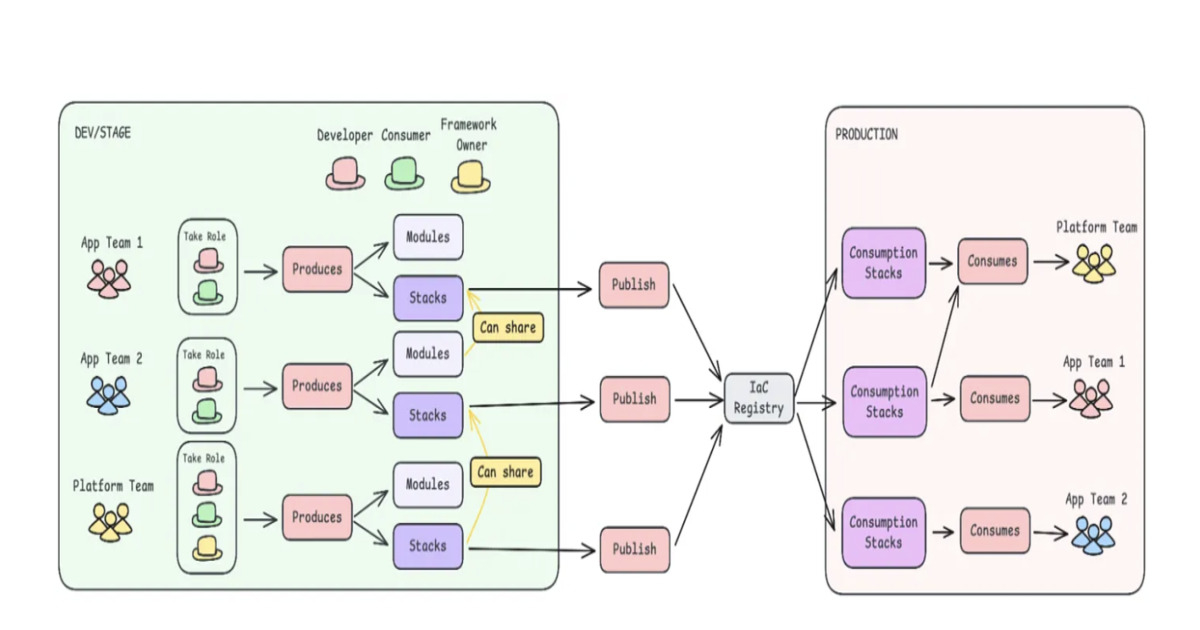Codetown
Codetown ::: a software developer's community
What is vibe coding?
Vibe coding isn’t a formal technical term, but it’s become a slang or colloquial expression among programmers and tech communities—especially on social media and in creative coding circles.
What “vibe coding” usually means:
- Coding based on intuition or feel
Instead of rigidly planning everything out, you’re:- Freestyling as you code
- Trusting your gut
- Letting ideas evolve naturally
- Following the “vibe” of what feels right in the moment
- Flow state or artistic mindset
It’s often associated with being in a flow, where:- You’re fully immersed in the process
- You’re experimenting and playing with ideas
- You might not be solving a defined problem—just exploring
- Aesthetic-driven coding
Especially in creative coding (e.g. making generative art, animations, visuals with tools like p5.js, Processing, or shaders), vibe coding can mean:- Writing code to produce visually interesting or aesthetically pleasing results
- Not optimizing or following best practices strictly
- Prioritizing vibes over efficiency
- Non-serious, low-stakes projects
It often happens during:- Hackathons
- Side projects
- Late-night tinkering
- “Coding for fun” rather than for work
Example in practice:
“I didn’t plan this out—I just started vibe coding and ended up with this weird little game that turns your keyboard into a synth.”
So, vibe coding is more about the mindset and approach to coding than any particular language or framework. It’s spontaneous, creative, and informal.
credit: ChatGPT
Notes
Welcome to Codetown!
 Codetown is a social network. It's got blogs, forums, groups, personal pages and more! You might think of Codetown as a funky camper van with lots of compartments for your stuff and a great multimedia system, too! Best of all, Codetown has room for all of your friends.
Codetown is a social network. It's got blogs, forums, groups, personal pages and more! You might think of Codetown as a funky camper van with lots of compartments for your stuff and a great multimedia system, too! Best of all, Codetown has room for all of your friends.
Created by Michael Levin Dec 18, 2008 at 6:56pm. Last updated by Michael Levin May 4, 2018.
Looking for Jobs or Staff?
Check out the Codetown Jobs group.
InfoQ Reading List
Presentation: What I Wish I Knew When I Started with Green IT

Ludi Akue discusses how the tech sector’s rising emissions impact our global climate goals. Drawing from her experience as a CTO, she explains seven key lessons for implementing Green IT. She shares insights on LCA assessments, the paradox of microservices, and why FinOps doesn’t always equal green.
By Ludi AkueVue Router 5: File-Based Routing Into Core with No Breaking Changes

Vue Router 5.0 has integrated unplugin-vue-router into its core, enhancing file-based routing and TypeScript support. This transition release boasts no breaking changes, simplifies dependencies, and introduces experimental features like data loaders and improved editor tooling. Ideal for Vue.js developers, it positions itself as a bridge to the upcoming ESM-only version 6.
By Daniel CurtisPodcast: [Video Podcast] AI Autonomy Is Redefining Architecture: Boundaries Now Matter Most

This conversation explores why generative AI is not just another automation layer but a shift into autonomy. The key idea is that we cannot retrofit AI into old procedural workflows and expect it to behave. Once autonomy is introduced, systems will drift, show emergent behaviour, and act in ways we did not explicitly script.
By Jesper LowgrenGoogle Launches Automated Review Feature in Gemini CLI Conductor

Google has enhanced its Gemini CLI extension, Conductor, by adding support for automated reviews. The company says this update allows Conductor "to go beyond just planning and execution into validation", enabling it to check AI-generated code for quality and adherence to guidelines, strengthening confidence, safety, and control in AI-assisted development workflows.
By Sergio De SimoneFrom Central Control to Team Autonomy: Rethinking Infrastructure Delivery

Adidas engineers describe shifting from a centralized Infrastructure-as-Code model to a decentralized one. Five teams autonomously deployed over 81 new infrastructure stacks in two months, using layered IaC modules, automated pipelines, and shared frameworks. The redesign illustrates how to scale infrastructure delivery while maintaining governance at scale.
By Leela Kumili
© 2026 Created by Michael Levin.
Powered by
![]()
You need to be a member of Codetown to add comments!
Join Codetown